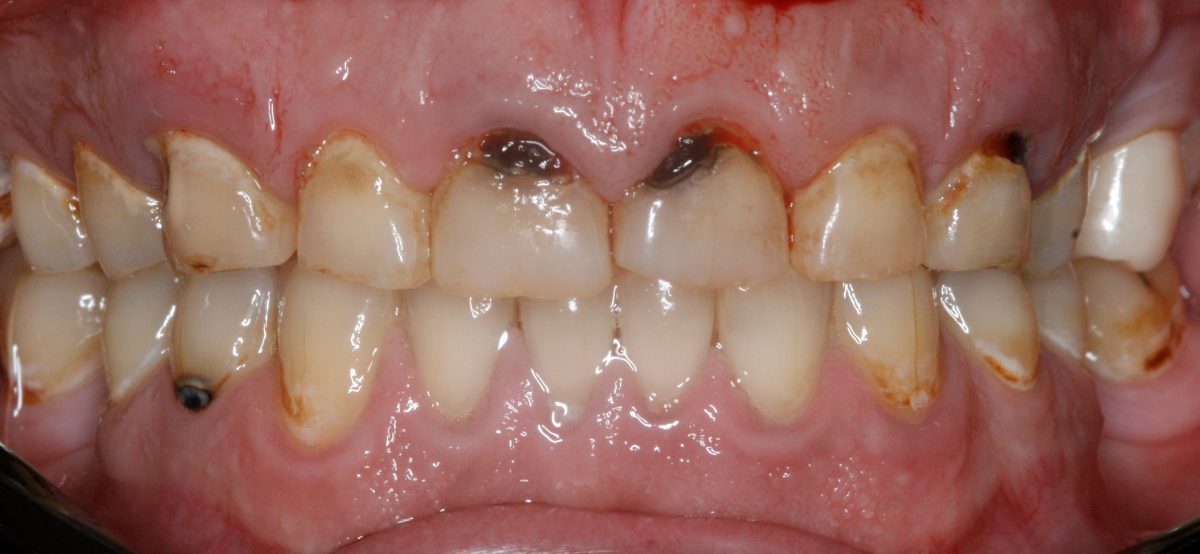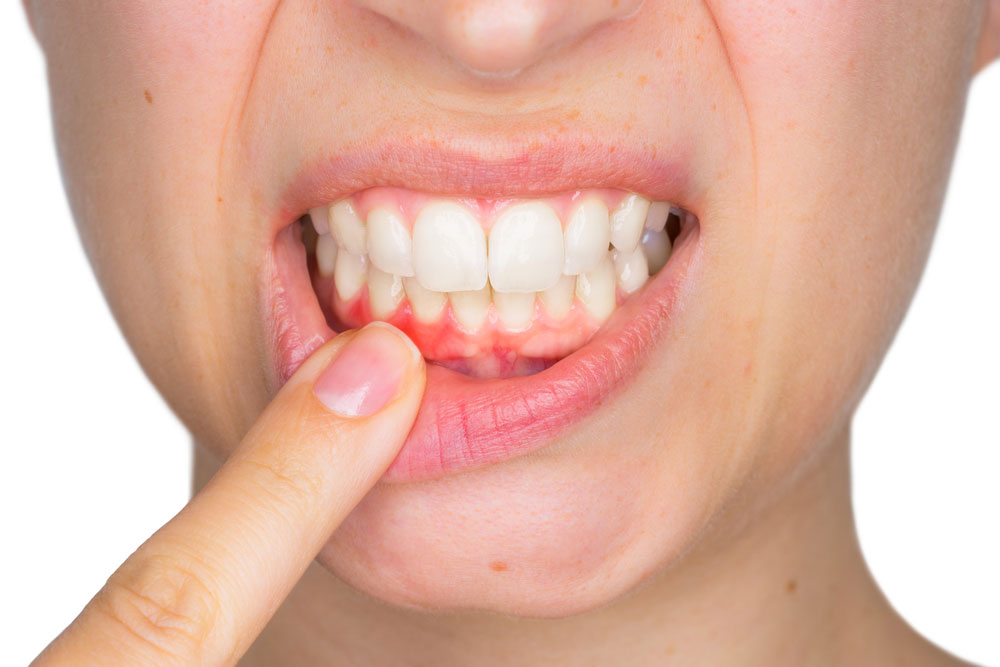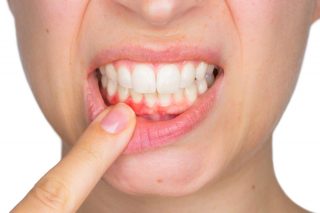Smoking is a well-known health hazard with significant consequences for oral health. This article aims to shed light on the impact of smoking on gum health and its role in increasing the risk and severity of gum disease.
We will explore the connection between smoking and gum disease, discuss the associated risks, and provide valuable tips and resources for smoking cessation to support oral health. At Dakabin Dental, we prioritise your overall well-being, including your oral health. If you are a smoker concerned about gum disease, we encourage you to schedule a checkup with our experienced dental team.
The Link Between Smoking and Gum Disease
Smoking is a leading risk factor for the development and progression of gum disease. The harmful chemicals in tobacco smoke compromise the immune system’s ability to fight infections, including those affecting the gums.
This weakened immune response paves the way for bacteria to thrive, leading to inflammation, gum recession, and potential tooth loss. Research has shown that smokers are up to six times more likely to develop gum disease compared to non-smokers.
Effects of Smoking on Gum Health
The impact of smoking on gum health is far-reaching and can manifest in various ways.
Firstly, smoking reduces blood flow to the gums, impairing their ability to heal and recover from infections. This compromised blood flow also affects the delivery of essential nutrients and oxygen to the gum tissues, further exacerbating the damage caused by gum disease.
Additionally, smoking can mask the signs of gum disease, making it harder to detect the early stages and delaying necessary treatment. Smokers may experience persistent bad breath, tooth sensitivity, loose teeth, and increased tooth loss due to the adverse effects of smoking on gum health.
Tips and Resources for Smoking Cessation
Quitting smoking is crucial for improving gum health and preventing further damage. Here are some practical tips and resources to help you on your journey to smoking cessation:
- Seek Professional Support:
Consult with your healthcare provider or a smoking cessation specialist who can provide guidance tailored to your specific needs. They can recommend appropriate nicotine replacement therapies, medications, or behavioural therapy programs. - Build a Support Network:
Share your decision to quit smoking with friends, family, and colleagues who can provide encouragement and support. Joining support groups or online communities dedicated to smoking cessation can also be beneficial. - Identify Triggers and Develop Coping Strategies:
Recognise situations or emotions that may trigger the urge to smoke and develop alternative coping mechanisms. Engaging in physical activities, practising relaxation techniques, or distracting yourself with hobbies can help redirect your focus. - Make Lifestyle Changes:
Adopt a healthy lifestyle that promotes overall well-being. Incorporate regular exercise, consume a balanced diet rich in fruits and vegetables, and practice good oral hygiene to support your efforts to quit smoking and improve gum health.
The Journey to Better Oral Health
The detrimental effects of smoking on gum health and the increased risk of gum disease cannot be overstated. Quitting smoking is a vital step towards preserving and restoring your oral health.
At Dakabin Dental, our dedicated team is here to support you on your journey to better oral health. Schedule a checkup with our experienced dental professionals today, and let us guide you towards a healthier smile. Take the first step and make the decision that will positively impact your gum health and overall well-being.














